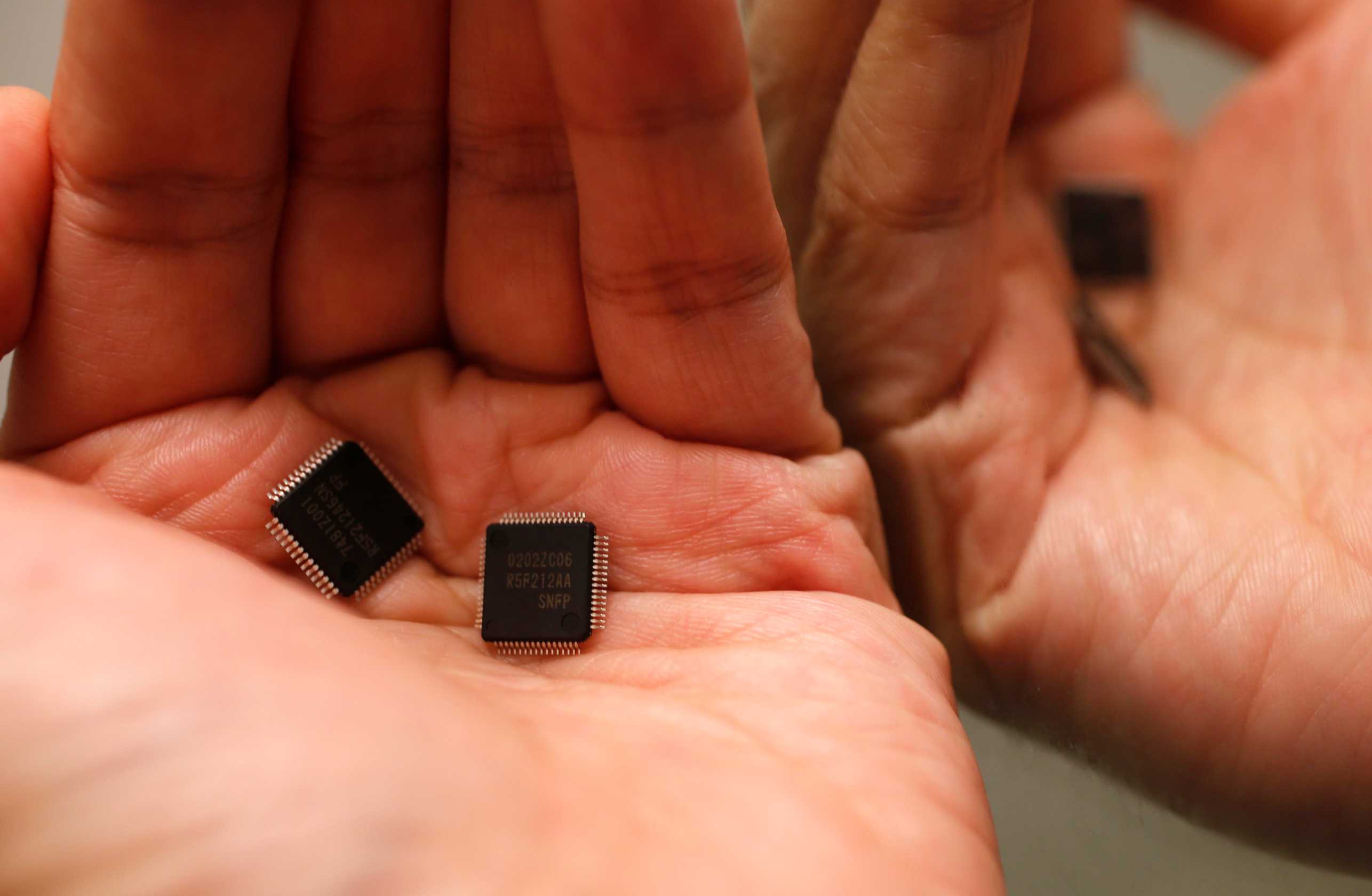Microchips: Small and Demanded
The interplay of a pandemic, extreme weather events and geopolitical power dynamics have exposed the fragile networks underpinning the semiconductor industry. Because microchips are almost indispensable in daily life, the current shortage situation raises questions about supply chain security, argues Julian Kamasa in this CSS Analysis.

Microchips are thinner than a centimeter and are an indispensable part of daily life. They are built into almost all modern devices – ranging from computers and smartphones to refrigerators and washing machines – and perform essential control, computing and storage functions. The complex assistance systems in cars, delivery vehicles and trucks, as well as new means of transportation such as electric scooters or e-bikes, also only work with built-in chips. Generating electricity from solar energy is impossible without chips. A global shortage of microchips, which was already intensifying in the spring of 2021, led to a situation in the fall that came to be known as “Chipageddon.” For example, numerous car manufacturers have had to scale down their production capacities to such an extent that they are below the crisis levels of 2020. This has clear consequences for employees, suppliers, and consumers, including in Switzerland (see box on page 4).